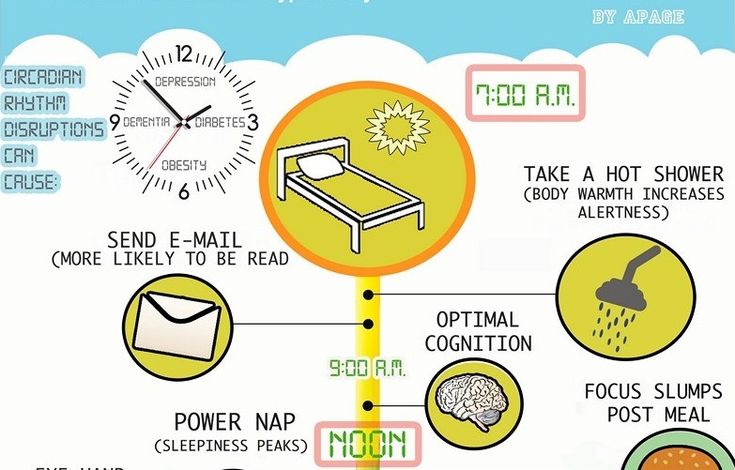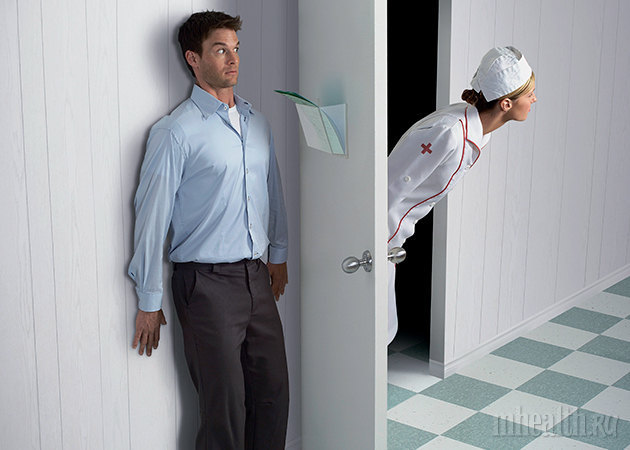Keep stress at bay
Ways to Prevent and Relieve Stress
Written by Lauren Ragland
Stress is part of being human, and it can help motivate you to get things done. Even high stress from serious illness, job loss, a death in the family, or a painful life event can be a natural part of life. You may feel down or anxious, and that’s normal too for a while.
Talk to your doctor if you feel down or anxious for more than several weeks or if it starts to interfere with your home or work life. Therapy, medication, and other strategies can help.
In the meantime, there are things you can learn to help you manage stress before it gets to be too much. These tips may help you keep stress at bay:
- Keep a positive attitude.
- Accept that there are events that you cannot control.
- Be assertive instead of aggressive. Assert your feelings, opinions, or beliefs instead of becoming angry, defensive, or passive.
- Learn to manage your time more effectively.
- Set limits appropriately and say no to requests that would create excessive stress in your life.
- Make time for hobbies and interests.
- Don't rely on alcohol, drugs, or compulsive behaviors to reduce stress. Drugs and alcohol can stress your body even more.
- Seek out social support. Spend enough time with those you love.
- Seek treatment with a psychologist or other mental health professional trained in stress management or biofeedback techniques to learn more healthy ways of dealing with the stress in your life.
There’s a lot more you can do to help manage stress. Consider these lifestyle changes:
Exercise
To start with, physical activity can help improve your sleep. And better sleep means better stress management. Doctors don’t yet know exactly why, but people who exercise more tend to get better deep “slow wave” sleep that helps renew the brain and body. Just take care not to exercise too close to bedtime, which disrupts sleep for some people.
Exercise also seems to help mood. Part of the reason may be that it stimulates your body to release a number of hormones like endorphins and endocannabinoids that help block pain, improve sleep, and sedate you. Some of them (endocannabinoids) may be responsible for the euphoric feeling, or “runner’s high,” that some people report after long runs.
Some of them (endocannabinoids) may be responsible for the euphoric feeling, or “runner’s high,” that some people report after long runs.
People who exercise also tend to feel less anxious and more positive about themselves. When your body feels good, your mind often follows. Get a dose of stress relief with these exercises:
- Running
- Swimming
- Dancing
- Cycling
- Aerobics
If you don't have the time for a formal exercise program, you can still find ways to move throughout your day. Try these tips:
- Bike instead of driving to the store.
- Use the stairs instead of the elevator.
- Park as far as you can from the door.
- Hand-wash your car.
- Clean your house.
- Walk on your lunch break.
Diet
The benefits of eating health foods extend beyond your waistline to your mental health. A healthy diet can lessen the effects of stress, build up your immune system, level your mood, and lower your blood pressure.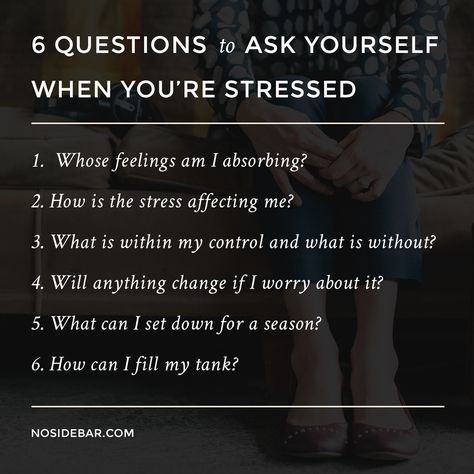 Lots of added sugar and fat can have the opposite effect. And junk food can seem even more appealing when you’re under a lot of stress.
Lots of added sugar and fat can have the opposite effect. And junk food can seem even more appealing when you’re under a lot of stress.
To stay healthy and on an even keel, look for complex carbohydrates, lean proteins, and fatty acids found in fish, meat, eggs, and nuts.
Antioxidants help too. They protect your cells against damage that chronic stress can cause. You can find them in a huge variety of foods like beans, fruits, berries, vegetables, and spices such as ginger.
Stick to a healthy diet with a few simple tips. Make a shopping list. Carry healthy snacks with you when you leave the house. Stay away from processed foods, and try not to eat mindlessly.
Scientists have pinpointed some nutrients that seem to help lessen the effects of stress on the body and mind. Be sure to get enough these as part of a balanced diet:
- Vitamin C
- Magnesium
- Omega-3 fatty acids
Sleep
A common side effect of stress is that you may struggle to fall asleep. If this happens three times a week for at least 3 months, you may have insomnia, an inability to fall and stay asleep. Lack of sleep can also add to your stress level and cause a cycle of stress and sleeplessness.
If this happens three times a week for at least 3 months, you may have insomnia, an inability to fall and stay asleep. Lack of sleep can also add to your stress level and cause a cycle of stress and sleeplessness.
Better sleep habits can help. This includes both your daily routine and the way you set up your bedroom. Habits that may help include:
- Exercise regularly.
- Get out in the sunlight.
- Drink less alcohol and caffeine close to bedtime.
- Set a sleep schedule.
- Don’t look at your electronics 30-60 minutes before bed.
- Try meditation or other forms of relaxation at bedtime.
The role of your bedroom in good sleep hygiene also is important. In general, your room should be dark, quiet, and cool. Your bed also plays an important role. Your mattress should provide support, space and most of all, comfort.
Relaxation Techniques
Yoga. This is a form of exercise, but it can also be a meditation. There are many types of yoga. The ones that focus on slow movement, stretching, and deep breathing are best for lowering your anxiety and stress.
The ones that focus on slow movement, stretching, and deep breathing are best for lowering your anxiety and stress.
Meditation. It has been around for over 5,000 years for a reason. Meditation works well for many people and has many benefits. It can lower stress, anxiety, and chronic pain as well as improve sleep, energy levels, and mood. To meditate, you will need to:
- Find a quiet place.
- Get comfortable (sitting or lying down).
- Focus your attention on a word, phrase, object, or even your breath.
- Let your thoughts come and go and do not judge them.
Deep breathing. When you practice deep breathing, you turn on your body’s natural ability to relax. This creates a state of deep rest that can change how your body responds to stress. It sends more oxygen to your brain and calms the part of your nervous system that handles your ability to relax.
Try belly breathing. Get comfortable, close your eyes, and place one hand on your stomach and the other on your chest. Take a deep breath in through your nose. You should feel your belly rise more than your chest. Now, exhale through your nose and pay close attention to how your body relaxes. Repeat.
Take a deep breath in through your nose. You should feel your belly rise more than your chest. Now, exhale through your nose and pay close attention to how your body relaxes. Repeat.
Biofeedback. Learn how to manage your heart rate, muscle tension, and blood pressure when stress hits. Biofeedback gives you information about how your body reacts when you try to relax. Sensors are placed on your body that call out changes in everything from your brain-wave pattern to your muscle tone. Working with a biofeedback therapist, you can start to take control of the signals by changing how your body reacts to the sensor.
Connect with people. Spend time with a friend or family member who will listen to you. It is a natural way to calm you and lower your stress. When you connect with people in person, your body releases a hormone that stops your fight-or-flight response. You relax.
Behavior. How you respond to people directly impacts your stress levels. Manage your response with these tips:
Manage your response with these tips:
- Try not to overcommit yourself
- Share the responsibility
- Count to 10 before you respond
- Walk away from a heated situation
- Distract yourself with music or podcasts
Inner voice. Nothing affects your stress levels like the voice inside your head. The good news is you are in control. You can exchange negative thoughts for positive ones. There are more benefits to positive self-talk than reducing stress. These include a longer life, lower levels of depression, greater resistance to the common cold and cardiovascular disease, and better coping skills for when hard times hit.
Laugh therapy. When you laugh, you take in more oxygen. Your heart, lungs, and muscles get a boost and your body releases those feel-good hormones. Laughter also improves your immune system, lessens pain, and improves your mood for long periods time.
Talk therapy. Long-term talk therapy helps some people deal with stress. One approach, cognitive behavioral therapy, helps you change negative thought patterns. Your therapist can guide you toward other approaches that might be helpful.
One approach, cognitive behavioral therapy, helps you change negative thought patterns. Your therapist can guide you toward other approaches that might be helpful.
Strategies to Keep Work Stress at Bay
Christy Matta M.A. is a trainer, consultant and writer. She is the author of “The Stress Response: How Dialectical Behavior Therapy Can Free ...Read More
Most of us can’t get by without working in some capacity or other. We work because we need the income, but we can also find work fulfilling. You might do work that you find meaningful, connect to people socially at work or feel that you are contributing to your family, community or the betterment of your world through your work.
But even when work has positive benefits it can be stressful. When you care about your work, deadlines, projects and expectations of supervisors can be emotionally draining.
You may worry that a mistake may lead to losing your job or missing out on a promotion or that you’ll be held accountable for work that isn’t going well for reasons that are out-of-your-control.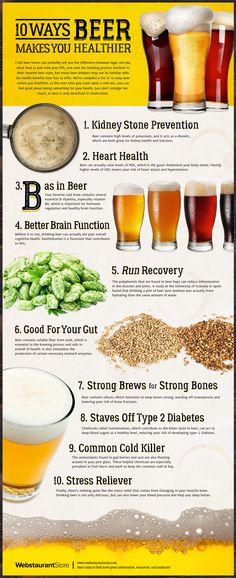 Or maybe you fear conflicts with co-workers or a difficult boss. Then again, you may simply have too much on your plate. In a down economy, many are doing more and more, either in an effort to prove themselves and keep their jobs or because there is no one else to do the work.
Or maybe you fear conflicts with co-workers or a difficult boss. Then again, you may simply have too much on your plate. In a down economy, many are doing more and more, either in an effort to prove themselves and keep their jobs or because there is no one else to do the work.
Research on job insecurity, for example, suggests that when we are worried we will lose our jobs, our overall well-being suffers. A belief that we will find another job, that we are employable, moderates the negative impact of this worry, but many fear they will not find another job.
How the Body Reacts
Stress activates the body’s fight-or-flight response. A surge of adrenaline and other chemicals within the body heightens your senses and provides you with excess energy.
When we’re faced with physical danger, this reaction to stress can be life saving. But when we’re sitting at our computers, with no outlet for the energy, it can have a significant negative impact on our physical and mental health.
And when we’re chronically stressed, when this stress response is activated daily, or multiple times a day, each time we’re reminded of job worries, we suffer greater problems. For example, the pounding heart that is a normal response to stress, when activated too often, without a physical outlet, can lead to health problems such as high blood pressure and heart disease.
Other systems throughout the body are impacted by stress. When stressed, your body goes into emergency mode. All it’s energy is focused on staying alive for that moment. But in today’s world, when we’re stressed about whether a presentation went well, this emergency response, often chronically triggered can have long-term health consequences.
When your body is in a state of emergency, it shuts down long-term functioning. Imagine your child was sick and you needed to rush them to the emergency room. That’s not the time to empty the dishwasher, mop the floors or pay your bills.
Well, the body, while under stress, reacts in a similar manner. Cell repair, reproductive processes and other long-term maintenance of the body are shut down during the state-of-emergency that occurs when we’re stressed. As far as our body is concerned, these maintenance functions are not necessary when fighting for our lives.
Cell repair, reproductive processes and other long-term maintenance of the body are shut down during the state-of-emergency that occurs when we’re stressed. As far as our body is concerned, these maintenance functions are not necessary when fighting for our lives.
So, chronically experiencing stress means these processes are ignored over long periods of time, with potentially severe health consequences. According to one study multiple daily stressors are associated with elevations in certain inflammatory processes in the body which are associated with negative health outcomes and even mortality in people who have diseases and those who are healthy (Kushner, et al., American Journal of Medicine, 2006).
What Can You Do: 4 Simple Strategies to Maintain a Healthy Mind and Body
Work worries are not necessarily going to go away, but you can respond differently to the stress they cause.
Exercise: Regular exercise can help release some of the excess energy activated by the fight-or flight response.
Breathe: Focusing on your breathing is one of the most effective ways to calm yourself. There are a number of ways to get centered in your breathing. One method to try when stressed is to breathe in, imagining your lungs as a balloon. Imagine filling the balloon with air. Then slowly exhale, keeping the balloon image in mind. Imagine slowly pushing all of the air out of the balloon. Continue for 5-10 breaths (if you become lightheaded, resume normal breathing).
Be a scientist: Sometimes when we’re stressed our emotions can take over, particularly fear and anxiety. Combine these emotions with worries about job security and your stress can spiral. So try focusing on the facts. Instead of imagining the worst-I’m going to be fired, I’ll be homeless-ask yourself to rate, rationally, on a scale of 1-10 how strongly you truly believe a particular worry thought. Even if your worries that you may be laid off are legit, your worries that it will lead to catastrophe and the ruin of your family probably are not.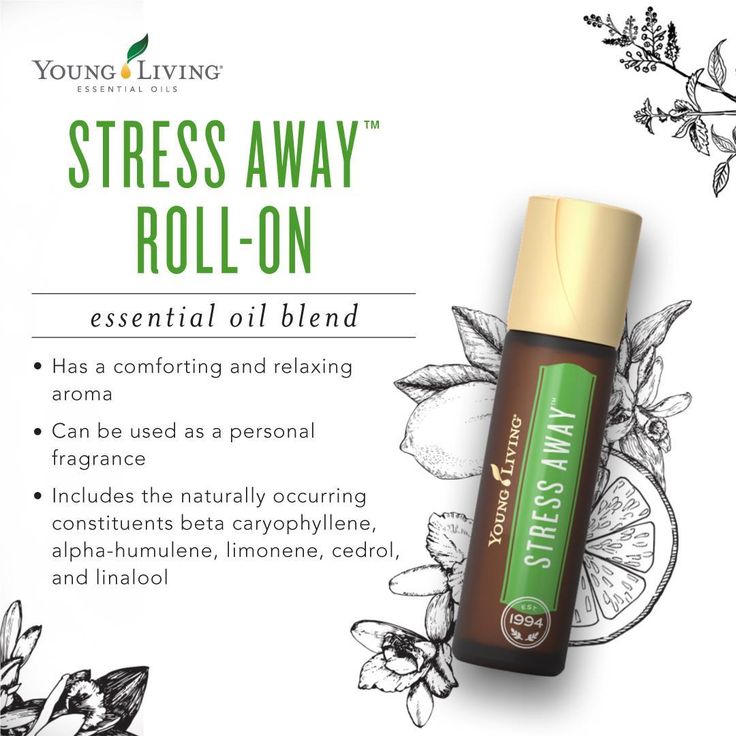 Hard times, yes, but catastrophe is unlikely, especially if you’re able to keep your stress in check.
Hard times, yes, but catastrophe is unlikely, especially if you’re able to keep your stress in check.
Distract yourself: Sometimes we just need to get a little distance from stressful events, in order to think and feel calm about them. This can be where people run into trouble, using too much alcohol, food or other unhealthy coping strategies to get distance from stressors. Make a list of healthy distractions, such as going to a movie, immersing yourself in a book, spending time with friends or playing a sport. Give yourself a mini vacation from thinking of your problems and then return to dealing with them.
When all this stress and worry begin to take a toll on your health and your ability to do your job-the very thing you’re worried about-take a moment, breathe and choose a healthy coping strategy that will get you through tough times without creating more problems.
Keep Reading By Author Christy Matta, M.A.
Read In Order Of Posting
90,000 anxiety, fear, panic. .. What should I do? Neurologist's advice
.. What should I do? Neurologist's advice At any time, stress has always been in the life of every person. In moderation, their presence is even beneficial. But what if the stress in our lives goes off scale?
difficult Save Care in 008
period 9000 and uncertainties . in Situation 9000 9000 9000 flow information0006, often 9000 9000 9000 same inconsistent . B Conditions Rebelding Information 9000 9000 9000 process All , 9000 daily we get from
B Conditions Rebelding Information 9000 9000 9000 process All , 9000 daily we get from 5
60007
Media , Internet , networks . TO This is in people 9000 Cum Irritability , Violation 9000, ,0005 ,0005 ,0005 ,0005 ,0005 ,0005 ,0005 ,0005 ,0005 ,0005 ,0006 fear , feeling of hopelessness0007 , up to to 9000 despair .
What to do in such situations? There are effective ways to improve your condition. Here is some of them.
1. Mental hygiene .
Limit yourself, at least partially, from the flow of information, especially negative and unreliable. Minimize the time you spend in front of the TV screen, computer monitor, with gadgets. Try to communicate less with people who are fixed only on the negative, have a pessimistic attitude.
2. Increase physical activity .
Go in for sports, walk a lot. Choose the type of physical activity that you enjoy. Exercise regularly, preferably daily, for at least 20-30 minutes. Be sure to include aerobic exercise in the complex of exercises: brisk walking, running, squats, jumping, cycling, walking up the stairs. Neurotransmitters released during exercise have been shown to significantly reduce anxiety.
3. Drink enough water
Drink enough water
Dehydration impairs brain function, increases anxiety. Drink regularly even before you feel thirsty. thirst indicates that the body is already in a state of dehydration.
4. Get enough sleep .
Lack of sleep negatively affects the brain: anxiety levels increase, irritability occurs, mental abilities and mood decrease, and depression can begin. In order to effectively deal with stress, you definitely need to get enough sleep.
Try to eat as varied as possible, choose more healthy products that have undergone minimal industrial processing. Increase the amount of vegetables and fruits in your diet, preferably raw. Eat enough protein daily, as stress increases its consumption. Reduce the amount of sugar and "fast" carbohydrates, as well as coffee and strong tea. Eat plenty of dairy products. It is desirable to completely exclude alcohol intake.
6. Distract for any classes .
Take on any routine household chores: laundry, cleaning, putting things in order in the house. Do what you usually don’t have enough time for: sort out in the pantry, on the balcony, put things in order in the cabinets, get rid of the old, unnecessary. Listen to music, watch movies, do needlework, learn a foreign language.
7. Breathing exercises .
Learn the breathing exercises. There are a large number of them, and they are good at helping to relax in a state of severe stress. Elderly people, as well as people with diseases of the cardiovascular system, are advised to consult their doctor before starting breathing exercises.
a) Belly breathing. Better lying down, you can sit. Put one hand on the upper abdomen to make it easier to follow the movements of the abdominal wall. As you inhale, inflate your belly as much as possible. As you exhale, draw your stomach in as much as possible. Take slow breaths in and out. Continue for 1-2 minutes, gradually increase the duration to 5-10 minutes.
As you inhale, inflate your belly as much as possible. As you exhale, draw your stomach in as much as possible. Take slow breaths in and out. Continue for 1-2 minutes, gradually increase the duration to 5-10 minutes.
b) Breathing to the count of 4-7-8. Slow breath in through the nose for a count of 4 (1-2-3-4). Hold your breath for a count of 7 (1-2-3-4-5-6-7). Exhale through your mouth for a count of 8 (1-2-3-4-5-6-7-8). Repeat 4 times. Gradually, you can increase up to 8 times.
8. Support and help .
Support loved ones morally and do not refuse support yourself. Communicate more, share your feelings with others. Help those who are worse off than you. Do charity work. It can be not only material, financial assistance. It is enough to listen, give advice, reassure, share useful information. Helping others, we help ourselves even more, because. we begin to feel stronger.
9. Please yourself
Please yourself
During the day, find opportunities for activities that you really enjoy. Throw out emotions. If you want, get creative: draw, sing, play a musical instrument, write poetry or prose, embroider. Incorporate outdoor activities into your schedule whenever possible.
10. Daily stability .
Do your daily routine every day. Set up daily rituals and stick to them. This will add stability.
11. State " here and now ".
Try to solve only pressing problems. In times of uncertainty, live in the present moment, "here and now." Try to notice any positive moments in your life, even the smallest ones. For example, a sunny day, a delicious breakfast, a good movie, a call from a friend, etc.; the list is endless.
There is good news! Stress, paradoxically, plays a positive role in our lives. After solving the problem, we become stronger, more experienced, more resilient, self-confidence increases. Stress motivates us to build relationships with others, focus on solving problems, and achieve our goals.
After solving the problem, we become stronger, more experienced, more resilient, self-confidence increases. Stress motivates us to build relationships with others, focus on solving problems, and achieve our goals.
However, there are situations when a person cannot cope with stress on his own.
If you tried 9000 but is not Signs :
- Violation ;
- decreased appetite
- frequent headache pain ;
- Constant SEMILITY FALTE 9000 9000 9000
- Muscular voltage in ;
- often arising 008
and / or Alarms ;
- Suppressed mood , Apathy 9000 9000 007
hopelessness , LOW 9000 9000 do ;
- attacks Panic , Fear , Which are accompanied , like tremor0007 in Body , Chill 9000 9000 9000 palpitations dizziness0006 breathing and others ;
- Emotional Condition HE prevents 005
Fullly , Practices 9000 9000 9000 ,0009,0005 9000 9000.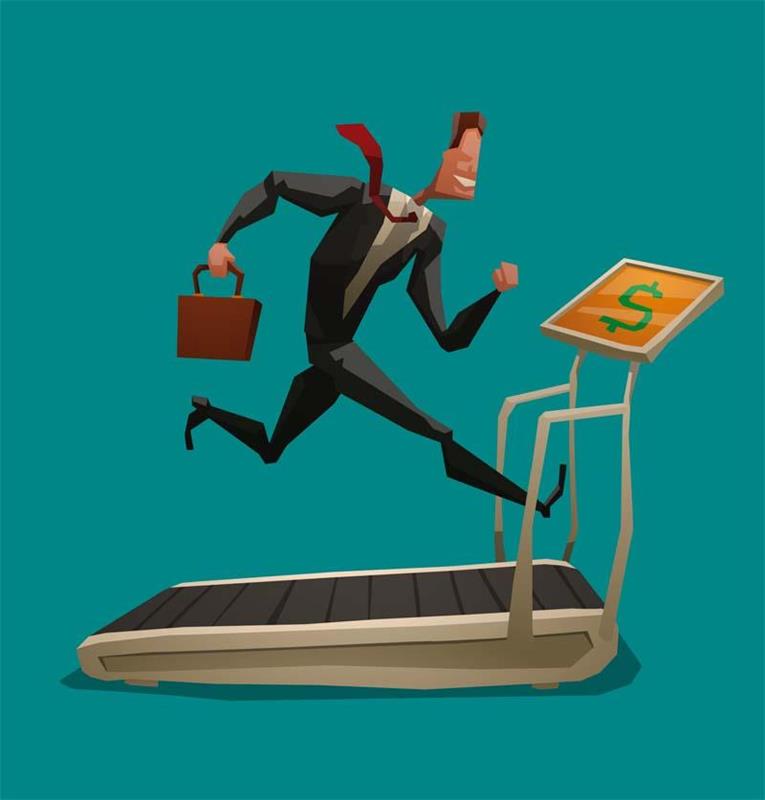
If You worries What - TO of 9000 9000 9000 9000 means , that you 0006 is required Contact For help 9000 9000 9000 9000 specialist .
A qualified neurologist will help you get rid of the unpleasant effects of stress, both with the help of well-chosen drug treatment, and with the help of non-drug methods. A consultation with a specialist from our clinic will help you feel the joy of life again and gain a sense of inner harmony.
Neurologist Ignatova Evgenia Anatolyevna, medical clinic "Harmony", Rostov-on-Don.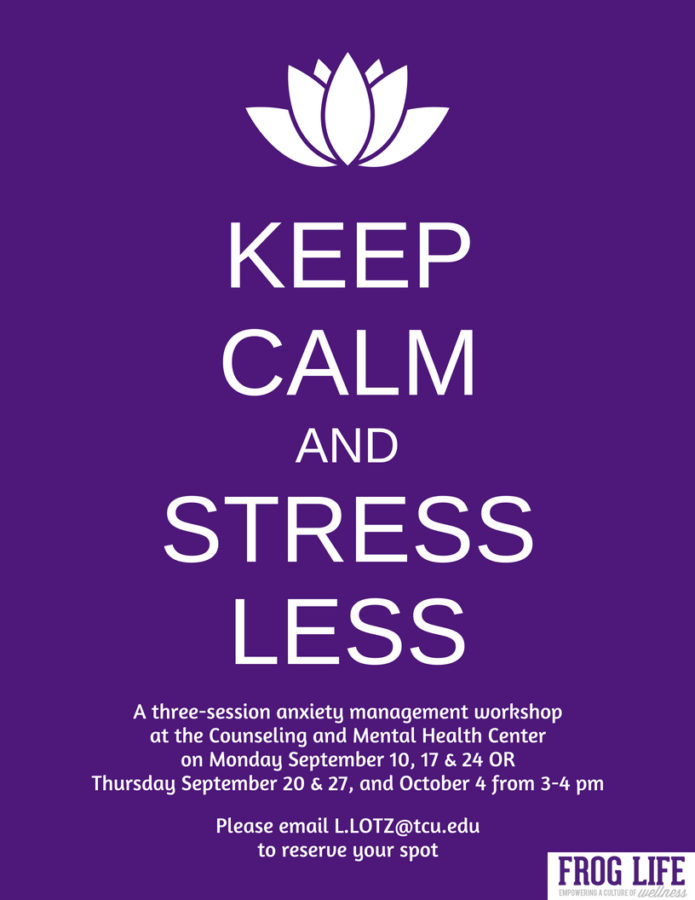
Golden Rules for Coping with Stress
Stephen Carver - Visiting Professor at the Moscow School of Management Skolkovo, Professor of Project Management at the Cranfield School of Management
A crisis can be a new opportunity, or it can turn into a disaster. The fact is that during stress, certain physiological changes occur in the body: an incredibly large amount of chemicals enter the bloodstream. For example, adrenaline, because of which you want to hit someone or run away - in general, to behave aggressively. Our basic physical reaction to a crisis is very dangerous. Because of it, you can do the wrong thing. To avoid this, there are two golden rules:
Rule #1: BE CALM. Give your brain a chance to take back control of your body and speech organs.
This requires knowing yourself well and understanding how you usually behave in extreme conditions. If you are likely to start making crazy decisions right away, then you need to have a management system in place that allows you to say, "Let's calm down and see what we can do. "
"
Let me give you an example. There is a very good film about how to act during a crisis, this is Apollo 13 - about the American lunar mission. The humans were already half way through when their spaceship exploded. Everyone survived, but it was necessary to somehow bring the astronauts back. The film shows a classic case: when everyone in the mission control center began to pound their fists on the table and shout: “This is terrible! It can’t be!” – the leader, a man named Gene Krantz, first of all said: “So, everyone calmed down. Quiet! Let's work on the problem." He began by asking, “So what works on the ship?” He drew attention not to the devices that were out of order, but to those that were still working. And the team began to list: "Everyone is alive as long as there is oxygen, water, supercomputers and everything necessary to resolve the crisis." We see that in these few seconds people, instead of fussing and possibly doing the wrong thing, calmed down and began to act on the situation.
Rule #2: FOCUS: Focus your energy on the things that need to be done. You no longer panic and try to run in different directions at the same time without any sense, but with the precision of a laser, you focus on what needs to be done.
If there is no stress in your life at all, then you may not want to get out of bed in the morning. But as stress builds up and you start to work more productively, there comes a point where the stress becomes so intense that your productivity drops off—very, very quickly. Here it is important to learn to recognize the approach of this moment. Because everything is different and varies from situation to situation. Sometimes you break down under this level of stress and in this situation, and sometimes, in another situation, you can handle more. I would say that the ability to stay calm and think with your head is one of the most important skills in today's management culture. So many managers under stress IQ plummets, and they make absurd decisions. Bad managers in crisis situations either go crazy or just give up.
Bad managers in crisis situations either go crazy or just give up.
The Harvard Business Review once did a study on how leaders behave under stress. In conditions of extreme tension, only a third of managers managed to maintain control over themselves. Two-thirds just broke. Therefore, it is very important to prepare here - until you learn how to behave correctly in such cases, your reaction will remain unpredictable. And it is absolutely not necessary for it to become clear when a real crisis occurs in the company, because you can cause enormous damage to people and the company. That's why we believe in simulations, introspection, psychometry, and actual rehearsals to help you understand how you will feel in a stressful situation.
Stress Simulation
Let me give you an example of an organization that understands this very well. In airlines, pilots are trained and retrained every six months on how to act in emergency situations. Take the pilot who just brought a Boeing 747 from Tokyo.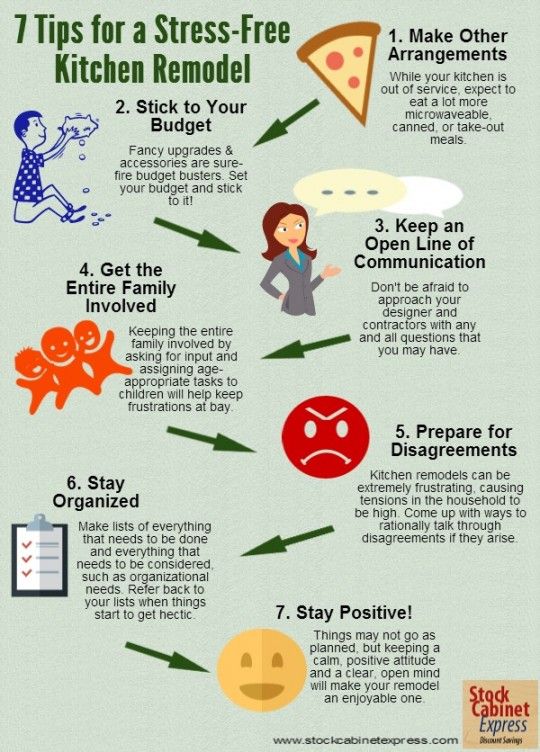 He knows his business, has been doing it for thirty years and is an excellent professional, but then they say to him: “Sorry, it’s been six months - on the simulator!”. He can say: “Excuse me, I have a lot of experience, I can fly planes! You yourself allowed me to fly only yesterday! But they answer him: “No, to the simulator! We will stress you out to brush up on your skills and practice the necessary actions again.”
He knows his business, has been doing it for thirty years and is an excellent professional, but then they say to him: “Sorry, it’s been six months - on the simulator!”. He can say: “Excuse me, I have a lot of experience, I can fly planes! You yourself allowed me to fly only yesterday! But they answer him: “No, to the simulator! We will stress you out to brush up on your skills and practice the necessary actions again.”
And I've seen very competent people come to the simulator, and it may have happened that they had a bad day or in the wrong mood, but they lashed out at normal situations. The airlines have a rule: all this is filmed and shown to the pilot. And I watched the pilots look at the tapes and say: “This is not like me! I do not do that!". And the instructor would say, “That’s how you behaved under this level of stress. Let's see what can be done, because this was the wrong reaction. Let's learn to calm down in such conditions."
So, I would say that self-control in a stressful situation is a vital skill for managers, and it should be taught.
Artificial stress in the organization
Is it necessary to artificially create stress in the organization? Believe it or not, sometimes it's necessary. I often see companies slowly dying. For example, they are owned by the state, they are sure that the world around them will not change, that in any situation someone will take care of them - and suddenly they realize that the state has no money, and the situation is really bad. And if they do not act, they will simply die. Therefore, sometimes I create the so-called "burning platforms". This means that instead of slowly sinking into oblivion, a situation is created in which the need for urgent action is obvious.
I create a certain amount of stress, that is, I come and say: “Changes are needed!”. People can be seriously scared if you tell them, “Look what happens if nothing is done. All of you will lose your job in 18 months.” And suddenly they begin to understand: "Yes, I see that this can happen." Then comes the first phase, when they start to panic: "I'll lose my job, it's the end of the world!". But then we say: “No, no, everything is fine. I understand you. Now you see what's going on and you're stressed out. Let's use this stress to create positive change. First of all, calm down. Now you know that you need to move - let's start this movement. And now we can really change direction.”
But then we say: “No, no, everything is fine. I understand you. Now you see what's going on and you're stressed out. Let's use this stress to create positive change. First of all, calm down. Now you know that you need to move - let's start this movement. And now we can really change direction.”
Good or ego
When simulating a crisis in a company, it is important to clearly understand the ultimate goal. Now many companies are trying to analyze the causes of the crisis: “Wait a minute! How did it all happen? Who is behind all this?" And if the crisis started for a reason related to the company's strategy or something that the company should have done in common sense, but did not, then this is acceptable. But there are other cases: according to research, many leaders have mental health problems. They can go to extremes, often appearing as sociopaths and almost psychopaths. On closer examination, it turned out that these were the people who deliberately created crises and "fires" in the organization, and not for the good of the company, but for the sake of their own careers.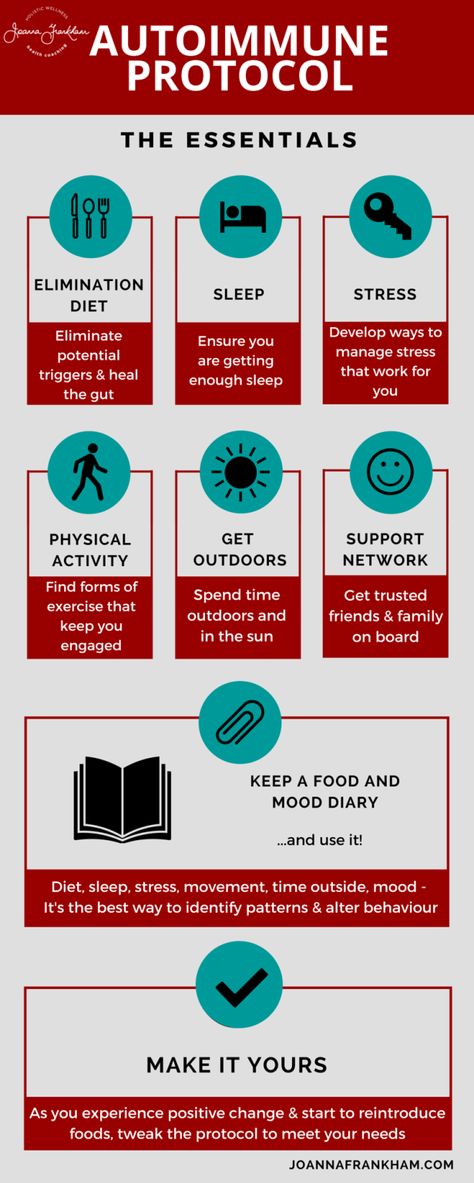 In such cases, they could step forward, solve the crisis they started themselves, and show themselves well. Such managers should definitely be kept away from the levers of power. Otherwise, they will cause great damage to the company and its employees in the long run.
In such cases, they could step forward, solve the crisis they started themselves, and show themselves well. Such managers should definitely be kept away from the levers of power. Otherwise, they will cause great damage to the company and its employees in the long run.
Have you read the book Snakes in Suits? Its author, a psychologist, traveled around America and interviewed many big bosses. They thought the topic of the interview was their business success. But in fact, the author assessed their mental health, and many were on the verge of sociopathy and psychopathy. This is a rather frightening result, but many studies confirm it. Of course, books often exaggerate and simplify, and sometimes this is necessary. But organizations are beginning to attach more and more importance to the inappropriate behavior of such individuals in stressful situations. We saw a lot of this happening in 2007 in the banking industry, the executives were so stressed they were trying to make money by any means. And these methods took on the appearance of increasingly surreal financial products. If these leaders calmed down, they themselves would surely understand that this is madness. But, unfortunately, there was a complete collapse, which almost brought down the entire world economy.
And these methods took on the appearance of increasingly surreal financial products. If these leaders calmed down, they themselves would surely understand that this is madness. But, unfortunately, there was a complete collapse, which almost brought down the entire world economy.
We hope this doesn't happen again. I work a lot now with banks and I know that they are trying to make sure that their leaders do not have to reach such stress.
How Companies Cope with a Crisis: The Rule of Three R
There are two types of crisis: the first is due to instability, the second is extreme stress caused by the nature of your business. You have to deal with him when an airline plane crashes or you need to recall a batch of cars due to poorly working brakes. If you make airplanes, sometimes, unfortunately, they will crash. If you make cars, there will be times when you have to recall a batch. And how an organization copes with this kind of stress is a separate interesting case.
There are many successful and not so successful examples of how such crises were resolved. In MBA programs, I tell students if you're a CEO and you're in this situation, step number one is to calm down and turn on your brain. And then it will be possible to apply the rule that we call the "rule of three Rs."
The first R is Regret, "regret." You need to express regret for what happened. This does not mean that you should take responsibility for an accident or product recall. It is simply necessary to show that you are human and understand that your organization has caused the anger and frustration of other people. This is how you show empathy towards the victims of the crisis.
Second R - Reason, "reason". Try to give people the answers they want. How could it happen why this plane crashed. At the same time, it is necessary to say as much as possible as early as possible. Sometimes it’s worth considering how quickly to release information to the public, because, on the one hand, you risk stunning people with it, but on the other, everything will come out in the end. This is confirmed by WikiLeaks and investigative journalism. You can't hide anything inside a corporation anymore. The days when this could be done are in the past.
This is confirmed by WikiLeaks and investigative journalism. You can't hide anything inside a corporation anymore. The days when this could be done are in the past.
The third is the action that most people want to do right away, but we tell them, "Never do the third before you've done the first and second, otherwise no one will listen to you." The third R is actually what you will do, your reaction. We call it Remedy, "problem resolution." After the first two stages, you can say: “We will recall the cars” or “We will pay the money” - in general, declare what you are going to do.
Many people in a stressful situation immediately start saying, "There's been a crisis, and here's how we're going to act." But we warn you: first show empathy for people, otherwise they will not listen to you. First, calm down as much as you can. Then give them a reason so they understand how it happened. And only after that, when they will probably already be listening to you, tell me what you are going to do about this.


